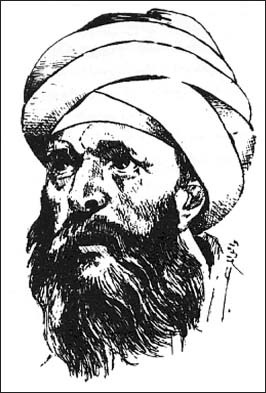IslamLeadership, Authority, and Religious Roles |
Who would be a good example of a major Muslim theologian? |
Ābu Hāmid al-Ghazālī (d. 1111) was a major religious scholar who spent much of his adult life teaching and writing in Baghdad. His works covered a wide range of theological, philosophical, and spiritual themes. Some have compared him to Christianity’s Augustine, citing rough similarities between Augustine’s Confessions and Ghazali’s intriguing quasi-autobiographical account of his personal spiritual quest. One could also argue that Ghazali’s influence on Islamic tradition Ghazali equaled that of Thomas Aquinas on Christian thought.
Ghazali produced one of the most influential and perhaps also the most systematic treatment of the spiritual quest. He organized his multivolume Revitalization of the Religious Disciplines into four large sections consisting of ten “books” each. Structuring the whole work along the lines of a juridical treatise, he begins with the fundamentals required of those just embarking on the journey, external comportment in relation to God. Part Two treats external obligations in relation to other people. After ending the second section with a book on the Prophet as ultimate human exemplar, Ghazālī moves from action to virtue and addresses the more difficult task of inward disposition required for the reformation of character. Finally, drawing on such earlier masters as Muhāsibī and Abū lib, he leads the traveler up the steep slope to the pinnacle of mystical experience, ecstatic love of God. Ghazālī’s work integrates mystical theology into the larger framework of pastoral theology, embracing the spiritual needs of the broadest possible spectrum of Muslim faithful.

Abū Hāmid al-Ghazālī
